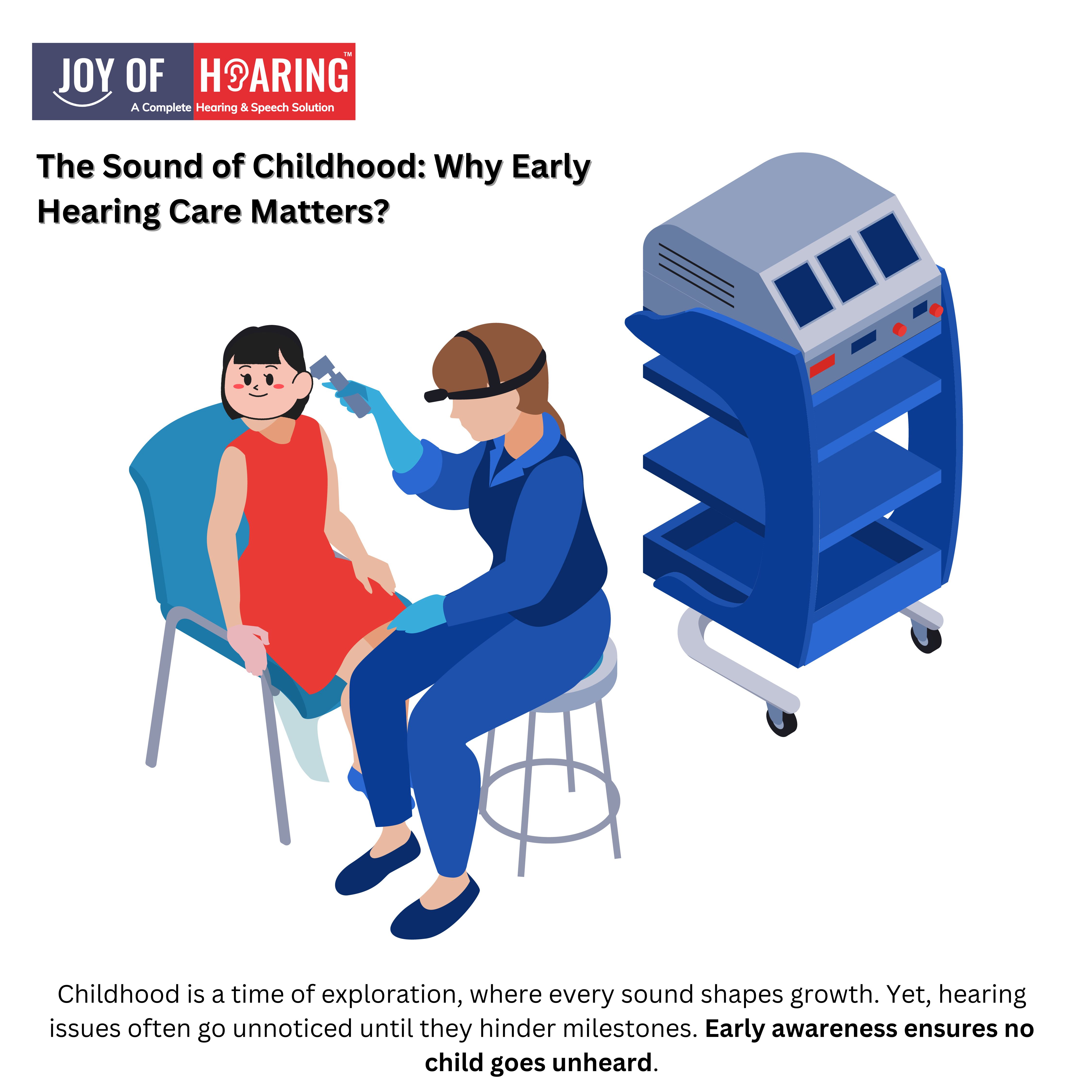
Childhood is the age of exploration and learning. Each sound-from a soothing parent's voice to peers' laughter-holds the key to their development. Alas, hearing impairments in children are only discovered when such issues begin to impact critical milestones. Awareness of early care for hearing can help no child go unheard.
The Crucial Role of Hearing in DevelopmentHearing is directly related to the development of speech, language, and social skills in a child. It provides the foundation for communication and learning. Unrecognized hearing loss can lead to delayed speech development, failure to comprehend instructions, and social withdrawal. Even minor hearing issues can affect the academic performance and confidence of young learners.
Hearing problems in children can result from a variety of causes, including:
Parents and caregivers should be aware of the following subtle signs of hearing disorders:
Early detection of potential problems through timely hearing evaluations can lead to early intervention in the form of therapies, hearing aids, and cochlear implants. Generally, audiologists advise checkups for infants and young children, especially when their family history shows hearing troubles or when developmental delays are apparent.
Hearing health in India is never given its due importance; however, if we raise awareness in communities and push for screenings, that narrative may change. Parents should have the authority to seek professional guidance and pursue the best solutions for their child.